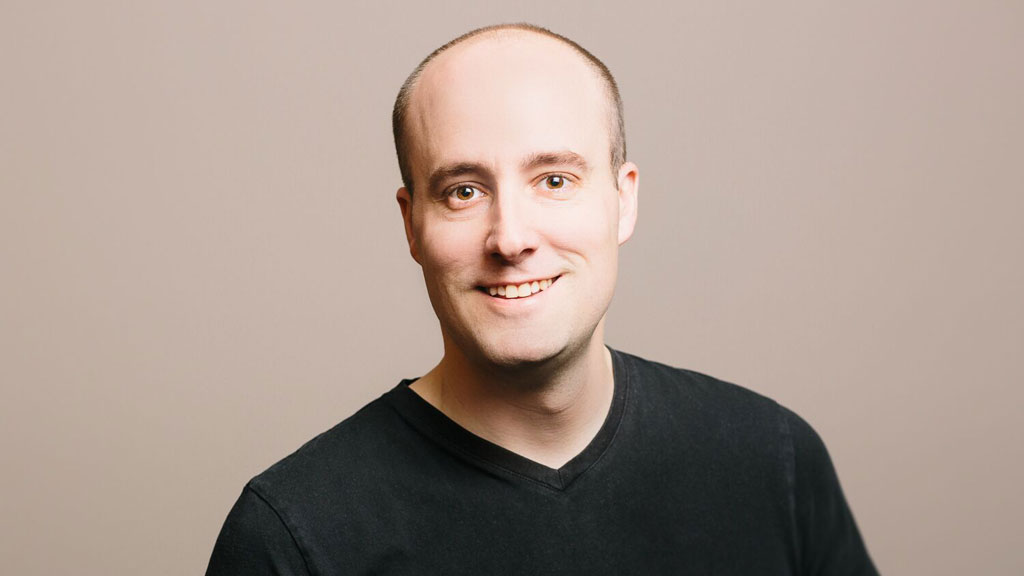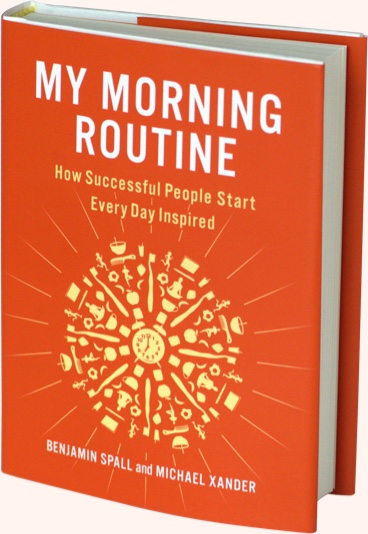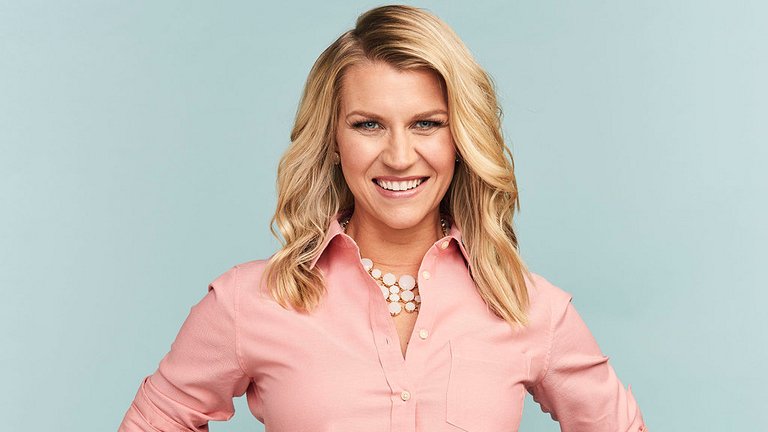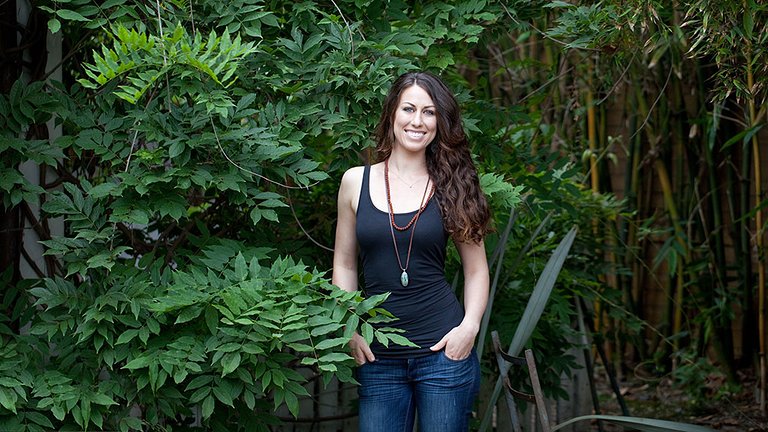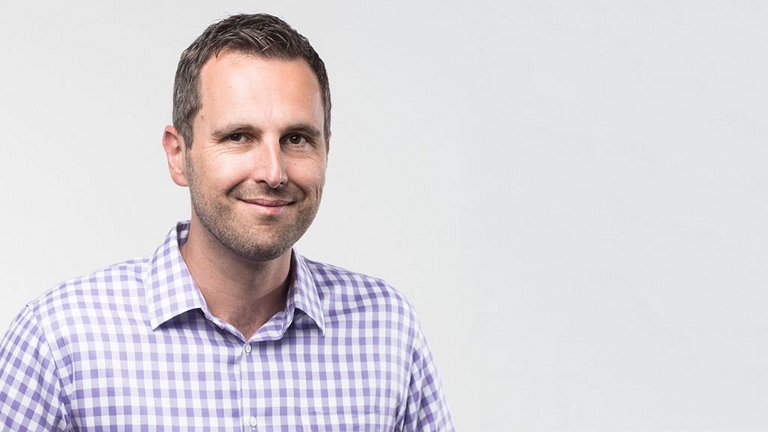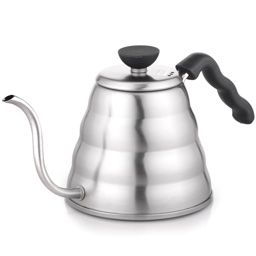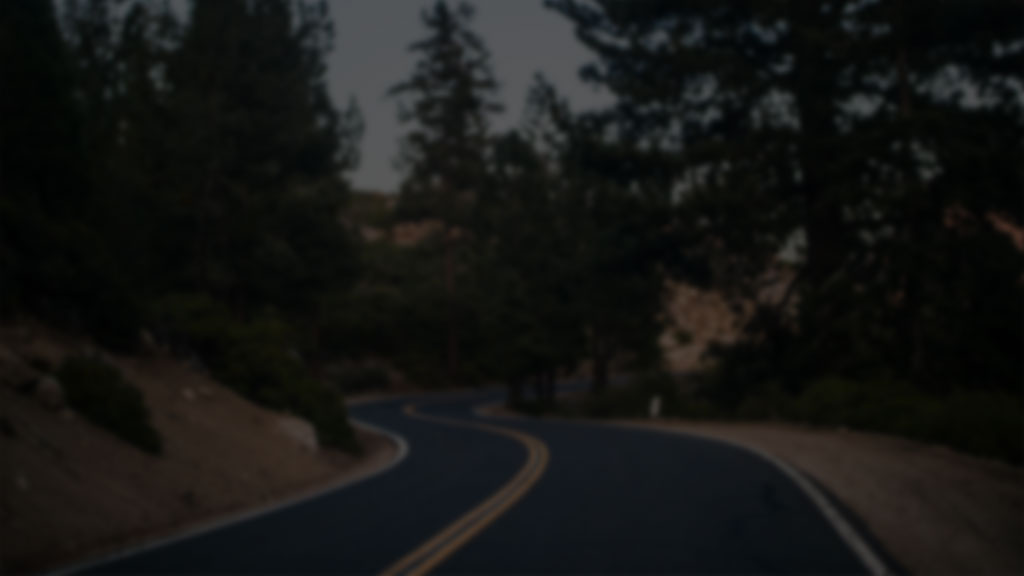Shane Parrish
Shane Parrish is the founder of Farnam Street; an online intellectual hub dedicated to helping you get smarter, and COO/CTO of Adventur.es; a family of companies investing in family-owned companies throughout North America. Shane currently lives in Ottawa, Canada.
What is your morning routine?
Morning is my most productive time of the day. Over the years, I’ve adapted my schedule accordingly so I can do my most important work in the morning.
Energy levels and our ability to concentrate fluctuate throughout the day. For most people, our ability to focus peaks earlier in the day - prior to distractions, noise, and weakened mental willpower. I dictate my morning routine before I go to bed the night before. That’s when I write down 2-3 important projects that I want to concentrate on the next day. Most of this is Farnam Street related.
In the morning, I wake up around 6-6:30am, grab a coffee, and then sit down to work on those projects. I give myself 60-90 minutes of uninterrupted time to focus on deep work and difficult problems. I then take a break, grab another coffee and breakfast, make note of ideas that came to mind that I want to revisit or research, and then work for another 60-90 minutes on difficult problems or projects. Focusing on deep work first thing in the morning won’t work for everyone, especially if they commute or have conflicting priorities; however, I’ve realized that I’m most productive and focused first thing in the morning.
How has your morning routine changed over recent years?
I don’t check email first thing. This was a habit that I consciously had to break. If we got up in the morning and the first thing we did was check email, we’d be allowing others to dictate our priorities for the day. The important projects I want to focus on would get pushed back to later in the day, and I would be spending my most valuable mental energy time answering emails that could easily wait for a few hours.
I’ve also stopped reading the newspaper. Looking at the opportunity cost of my time, I began to realize I was getting more value from reading other sources of information.
Do you do anything before going to bed to make your morning easier?
Before bed I identify the 2-3 projects that are most important for me to focus on the following day. Essentially, I write out my schedule for the next day. Scheduling keeps me on track and allows me to be conscious of how I spend my time rather than being reactive.
There are a lot of simple tools I’ve come across over the years that, when pulled together, can be incredibly helpful at managing your time in order to have more of it to do what you love. I highlight all of these tools in more detail in my Productivity Webinar.
Do you use an alarm to wake you up in the morning, and if so do you ever hit the snooze button?
The only time I use an alarm is when I need to catch an early flight. Otherwise, I haven’t used an alarm clock in years.
How soon after waking up do you have breakfast, and what do you typically have?
My mind is typically awake before my stomach. Only after drinking coffee and completing a good chunk of work will I sit down to have breakfast. This usually consists of high protein/fat. I love bacon.
Do you have a morning workout routine?
I keep my morning set aside for deep work. I will schedule a yoga class at lunch or make phone calls in the afternoon while getting in some long walks.
Do you have a morning meditation routine?
Meditation has become part of my evening routine. This helps me calm my mind after a busy day and get a better sleep.
Do you answer email first thing in the morning or leave it until later in the day?
I get hundreds of emails a day. Unfortunately, I don’t have the time to answer all of them, but I do make a point to read all of them. Email doesn’t get read or answered until late morning or afternoon. I schedule in time for emails during my day.
Checking email constantly throughout the day breaks concentration and throws off any possible state of flow.
Do you use any apps or products to enhance your sleep or morning routine?
No. I’m not really a fan of trying to solve common life problems with apps and software programs. Some basic, old-school planning and discipline do the job fine. And if you don’t have discipline, an app won’t help.
That’s just my take. I’m sure some people find value in the apps and stuff. There’s a certain amount of technology fetish-ism that creeps in. How the heck did Isaac Asimov write five hundred books without an app? He created a routine and stuck to it. Your habits become comfortable and customary.
How soon do you check your phone in the morning?
I try not to. If anything I’m working on or doing is high priority or if there is an emergency, people will know how to get ahold of me. Otherwise, I try to keep it aside and not let it distract me.
What are your most important tasks in the morning?
Coffee.
What and when is your first drink in the morning?
Coffee. ASAP.
On days you’re not settled in your home, are you able to adapt your routine to fit in with a different environment?
I still try to keep some of the basic routine - get up, read, think - but it’s not quite the same. If I’m on the road it’s likely that I have obligations, meetings, etc. Those are instances where other priorities dictate my routine.
What do you do if you fail to follow your morning routine, and how does this influence the rest of your day?
I try again tomorrow. Don’t get into the habit of thinking it’s “all or nothing” - just get back on track immediately.
Our recommended book this week is Daily Rituals by Mason Currey. We only recommend three things a week that we believe will be of interest to our readers. Please take a moment to check it out.

